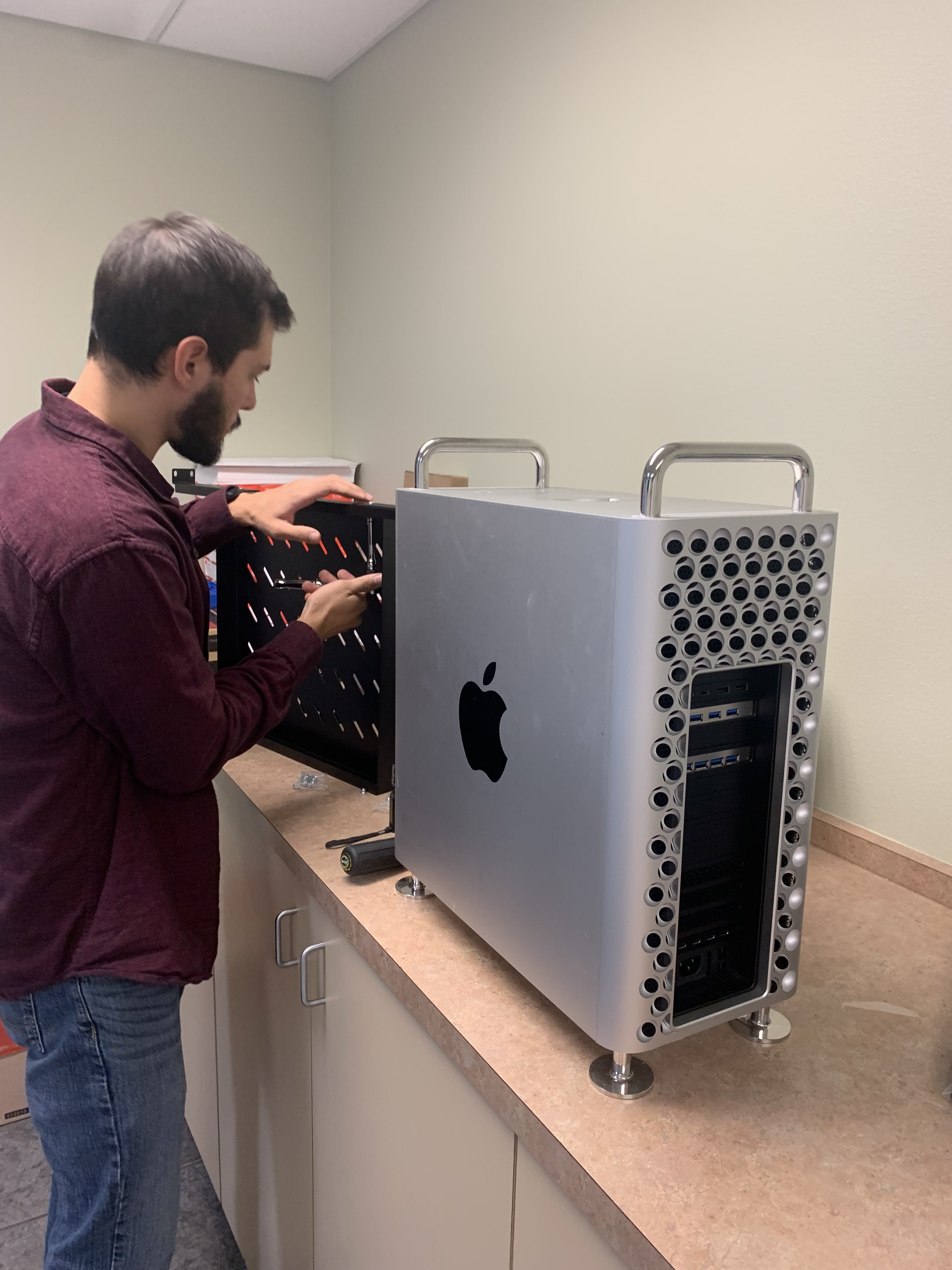Ultimately Linus’ opinion here does not matter in the positive. He can say Rust in kernel is good, but that does not summon the skill and work to make it happen. He can say it’s bad and quash it, at the potential expense of Linux’s future. His position of avoiding an extreme is a pragmatic one. “Let them come if they may, and if they do not it was less a loss for us.”
Fact is Rust isn’t ready for every part of the kernel. C/Rust interop is still a growing pain for Linux and troubleshooting issues at the boundary require a developer to be good at both. It’s an uphill battle, and instead of inciting flame wars they could have fostered cooperation around the parts of the kernel that were more prepared. While their work is appreciated and they are incredibly talented, the reality is that social pressures are going to dictate development. At the end of the day software is used by people. Their expectations are not law, but they do need addressed to preserve public opinion.
I’ve been second guessing WP deployments as well, but I think the most likely outcome is a community fork once Mullenweg’s brain rot affects commercial interests too much.
In your second link it contradicts what you say about it not mattering if it’s true, right below the section you quoted:
“If the act relates to matters of public interest and has been conducted solely for the benefit of the public, the truth or falsity of the alleged facts shall be examined, and punishment shall not be imposed if they are proven to be true. (See Article 230-2 of the Criminal Code). Article 32 of the Criminal Code provides for the Statute of Limitations for filing a criminal action for defamation which shall prescribe in ten (10) years.”
The mistake was applying logic to a position they didn’t use logic to arrive at. Their talking heads say renewables bad. The thought process ended there.
Maybe. The average Joe looks at the price tag and makes up their mind, but it’s a trap. You also have to factor in the support costs. IT staff, device insurance, breach costs, etc. A device costs much more (2x, 3x or even more) than what you pay the OEM on the PO. The biggest sink is the human costs of supporting the fleet. Macs have higher capex but lower opex. In the end I see savings between 20-40% for well fitted clients.
It’s not for every org or team. I often work with small IT teams to provide the expertise until they are able to gain the institutional knowledge themselves. It’s usually a slow process, with transitions on the scale of years for the large companies.
That’s a rather bold statement to make, especially considering I have headed one of those large-scale deployments. IBM has over 100,000 Macs, up 50% from their previous deployment goal. There are plenty of Mac deployments in the 4 and 5 digit range. I work on several a year!
Specialist industries have the most trouble switching, but legacy apps are less of a problem these days. Most are either a web app already or slated to become one, largely because mobile has made cross-compatibility a requirement. Things like CAD are the exception because they need native clients and aren’t mobile centric.
Backend changes usually aren’t the bottleneck for cross-compatibility, if their app was written with decoupling in mind (thank you Agile). Throw that out the window if it’s some ancient SOAP monolith. They have bigger problems than their choice of user OS.
Assuming your instance name implies you are in the EU, things are just different for IT over there. The cost savings from adopting Macs can’t materialize given the conditions.
An IT supply chain management company and a northeastern medical society have been the latest of our clients to adopt more of them, mostly through attrition of Windows devices. In my prior role at a PE firm, I was responsible for kicking off the transition company-wide to Macs. They liked the lower cost of ownership, maintenance, and the “impression it gave to clients”. The CAD engineers absolutely rioted about it lol. Let me tell you, zip-tying a cheese grater Mac into a server rack is a surreal experience 😂.
To your point, it is still largely director level and above. They are still using MS products mind you, just on Macs.

I’d attribute this growth to the looming deprecation of Windows 10. With the decision to move to Windows 11, many orgs are replacing them with Macs. On the consumer side, the M4 is seen as worthy upgrade for those already on the earlier M chips.
There are actually a few tools that crawl job sites and can auto submit your resume already. Predictably, there was a lot of complaining about it. With agentic tools maturing, it won’t be long before you can just give AI your resume and have it trawl the job sites and apply to relevant jobs. They will have reaped what they sowed.


Start job hunting now. By the sound of it they are one of those PE firms that zombie walk every acquisition into mediocrity.